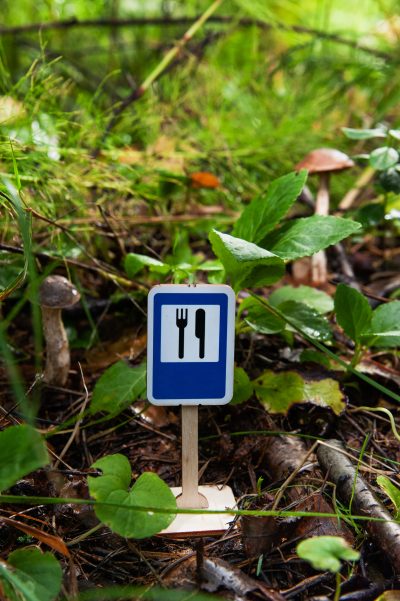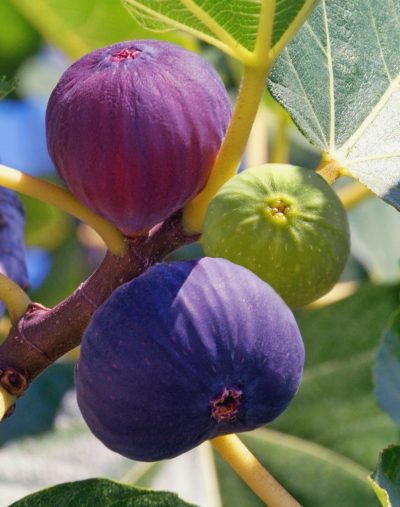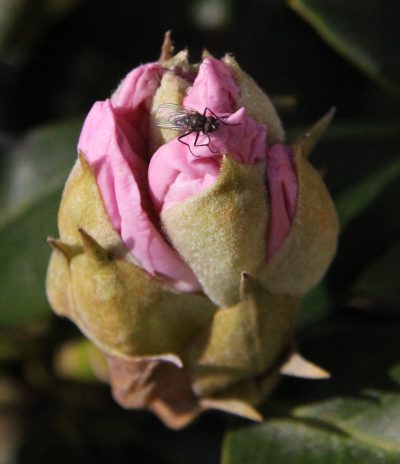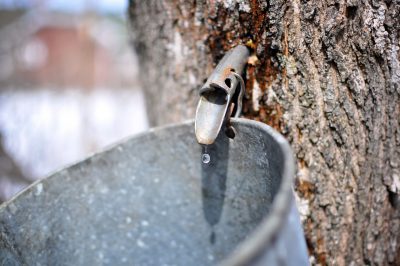New regional products and transport gain
There is a lot to be gained when we produce local food with care.
We advocate the so-called ‘short chain’ system, if we are concerned with the transport of fresh and intact crops. Regional and seasonal products should be stimulated, also because of the environmental impact due to the now-unnecessary distance transport kilometres.
Moreover, it will now also be possible to adapt the packaging efficiently.
In a logistical sense, there are more good tips to come up with: We are thinking, for example, of the so-called vegetable subscription, which enables contact between farmer, organic shop and consumer. Consumers buy a package of seasonal vegetables every week and collect them on an agreed day at a collection point in their area. The farmer produces as much as possible himself and fills the assortment if necessary with products from another organic farmer. Through this system, the farmer is assured of his sales and a good price.
Local food forest production has the advantage that one can be sure that the origin of the products is ‘grounded’ and is not extracted from an impoverished monoculture.
New initiatives
Unknown locally cultivable products that could well be in the spotlight are, for example:
- The various types of nuts such as edible pecan, almond, walnut and hazelnuts.
- The lime tree from which the tastiest lettuce leaves can be picked just like the flower of the tulip tree by the way.
- The tasty pawpaw that is a formidable competitor to the banana and
mango. - Lush bamboo not only produces an abundance of smooth shoots, it is
also good for construction material. Grain for flour can be harvested from its golden waving stalks. Moreover, the Chinese already knew that bamboo shoots have a medicinal effect. - Due to their content of saponins, crushed ivy leaves can be used as a ‘soap plant’.
- Mushrooms are a tasty meat substitute and serve as raw material for the velvety soft ‘mushroom leather’. So shoes can be made from the silky soft ‘leather’ of mushrooms. Should this leather manufacturing become commonplace, we will become a little less dependent on the BIO industry in this regard.
In short, we must give full and serious consideration to the added value of food forest products. They permeate our natural existence . Below we give a short
explanation of the added value of the still unknown locally grown pawpaw.




